Oh Dear, 90 Million Hectares of Marginal Land Exist in Indonesia
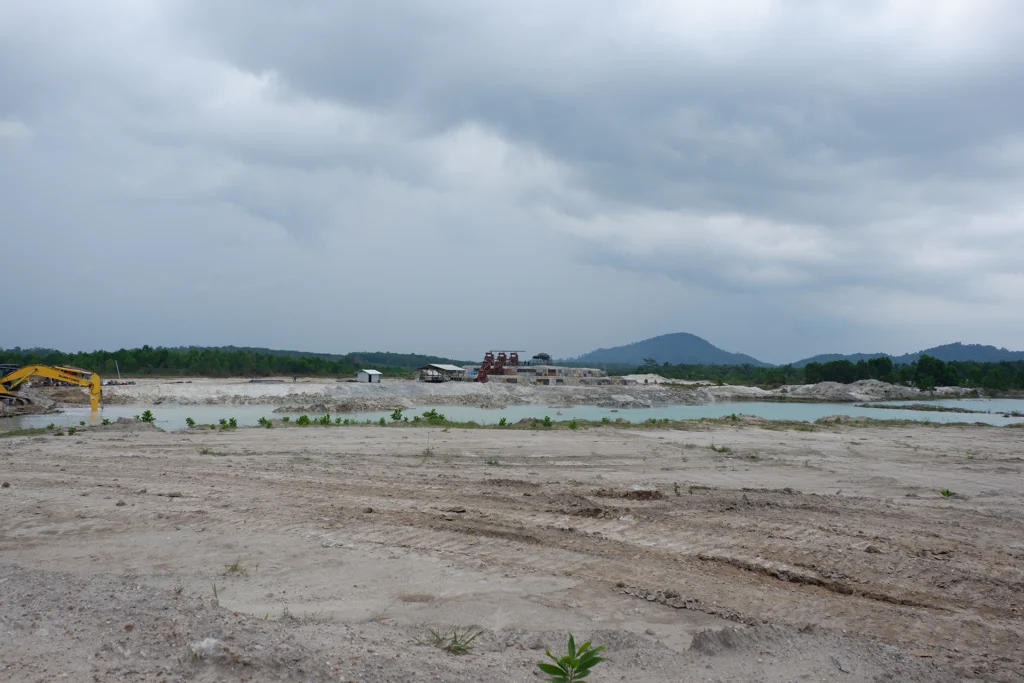
The world is becoming increasingly concerned with agricultural production, especially food production. This is related to the projection that by 2025, the global population will increase by 1.4–1.5 times from what it is today. Based on trends in national food demand, particularly rice, corn, and soybeans, by 2025 around 4.7 million hectares of new farmland […]
Bioremediation: Soil Rehabilitation Method Using Microorganisms
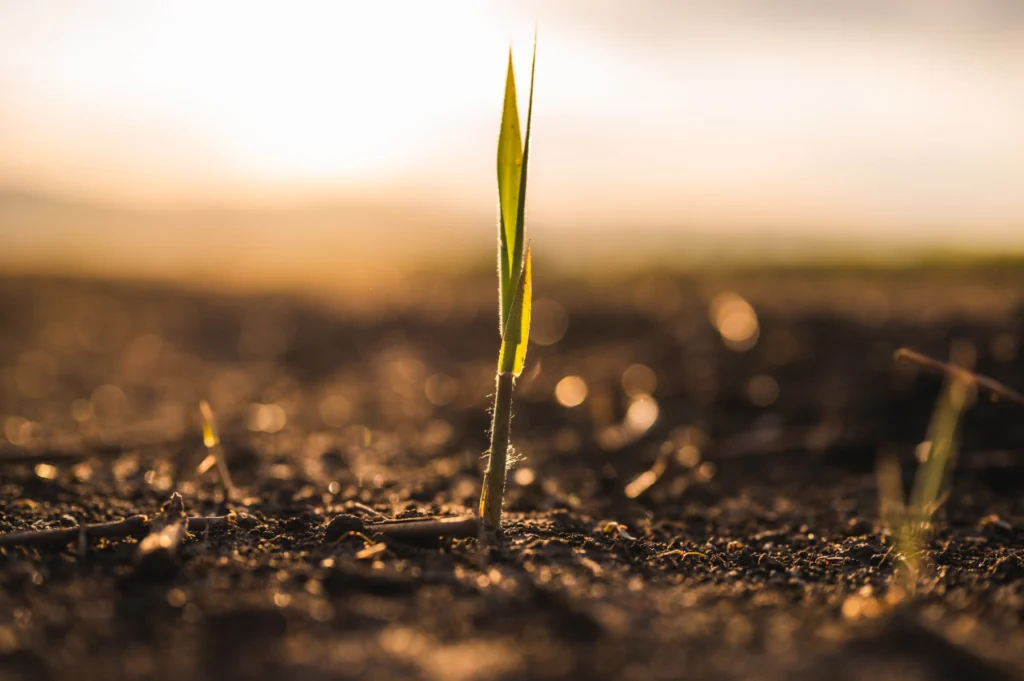
There are various methods of environmental recovery from contamination by utilizing microorganisms that biologically restore soil conditions. This biological method is known as bioremediation. The application of bioremediation strategies aims to accelerate the decomposition process, inactivate microbes capable of surviving in the presence of toxic pollutants, and harness these microbes to break down pollutants into […]
The Importance of Bees for Food Security and Environmental Sustainability
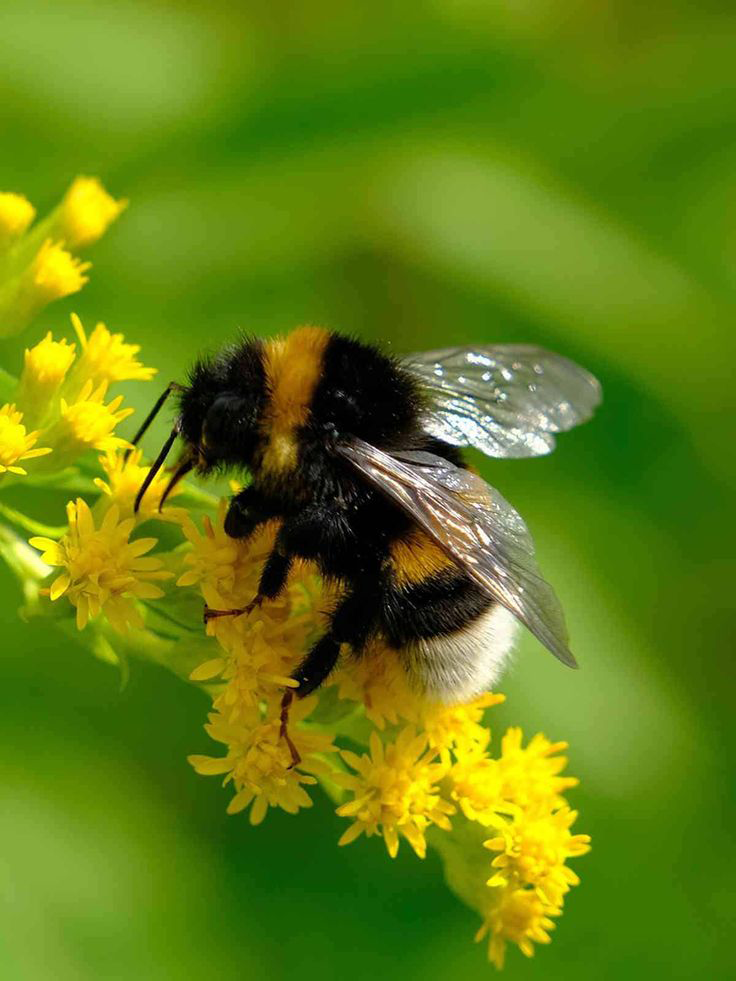
Most plants, particularly flowering ones, rely on insects for pollination and reproduction. In Asia, there are around 1,330 plant species whose pollination is assisted by insects. These insects function as pollinators. The process of pollination aided by insects is called entomogamy. In principle, almost all types of insects can act as pollinators. However, the main […]
The Mineral and Coal Law Safeguards Efforts Toward Sustainable Mining
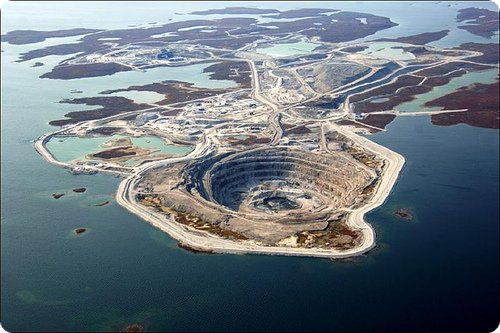
The management of the mineral and coal (minerba) mining sector has entered a new era, particularly after the enactment of Law (UU) No. 3 of 2020 on June 10, 2020. Within this law, companies are obligated to carry out post-mining reclamation. This became one of the key points refined in the regulation, specifically regarding reclamation […]
Understanding Biostimulants, Environmentally Friendly Soil Conditioners
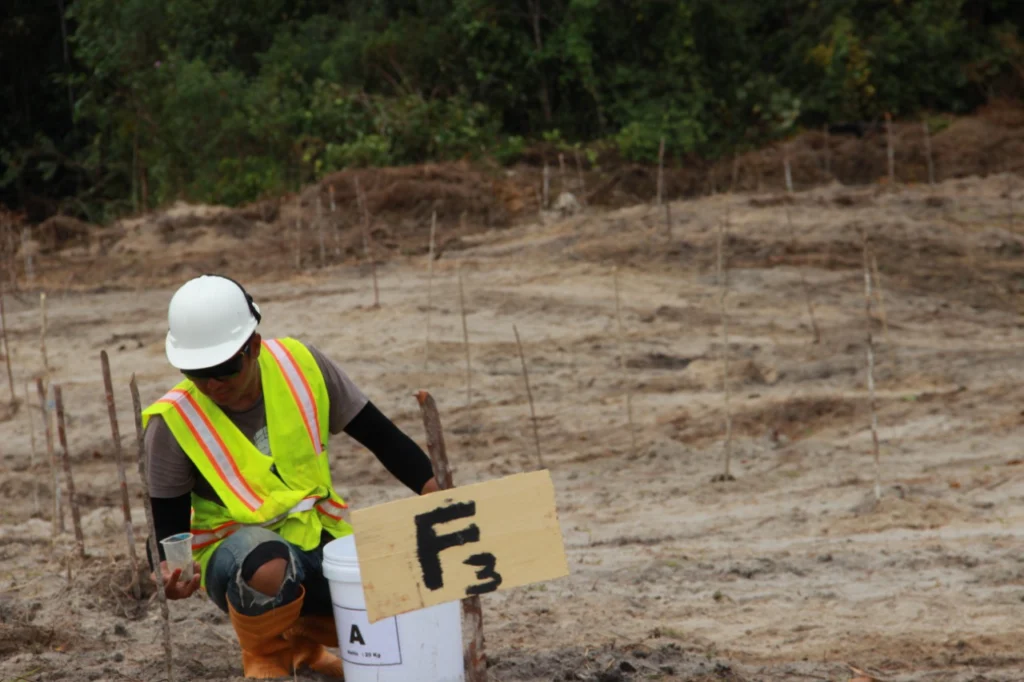
Indonesia is a country with 30% of its territory consisting of land, rich in abundant mineral resources. However, this natural wealth can act as a double-edged sword: on one hand, it can enhance the nation’s economy, but on the other, it may also bring significant ecological problems if post-exploration management is not carried out wisely. […]
7 Benefits of Planting Trees
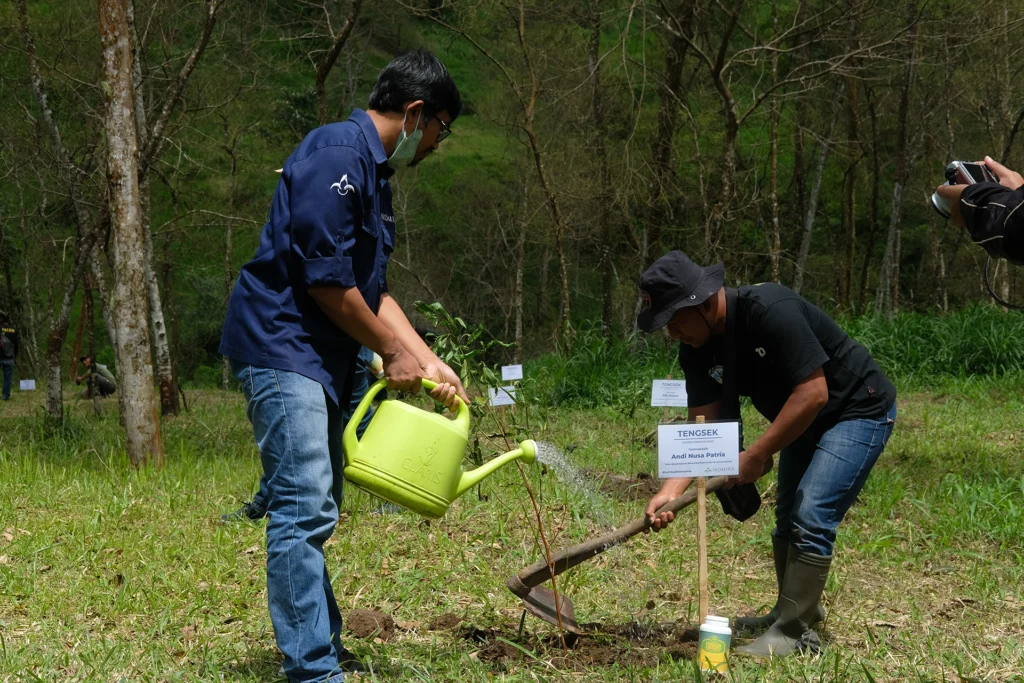
The Earth is divided into land and sea. Both play vital roles in supporting the survival of all living beings. One of the most important elements of land, often called the lungs of the Earth, is the forest with its trees. Trees are essential to all aspects of life on Earth—food, economy, and the environment […]
Soil Microbes Can Help Plants Adapt to Climate Change – How?
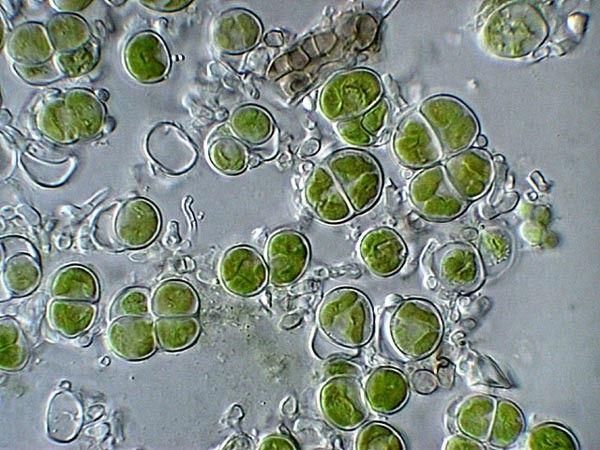
Not all plants can thrive in environments with extreme weather, and not all plants have good adaptability to unpredictable climate changes. Therefore, plants need assistance from microbes to survive in harsh weather conditions and shifting climates. Microbes or microorganisms are living organisms that are so small they cannot be seen with the naked eye. According […]
Implementing Integrated Farming, Indmira Group Collaborates with Shallot Farmers in Bantul
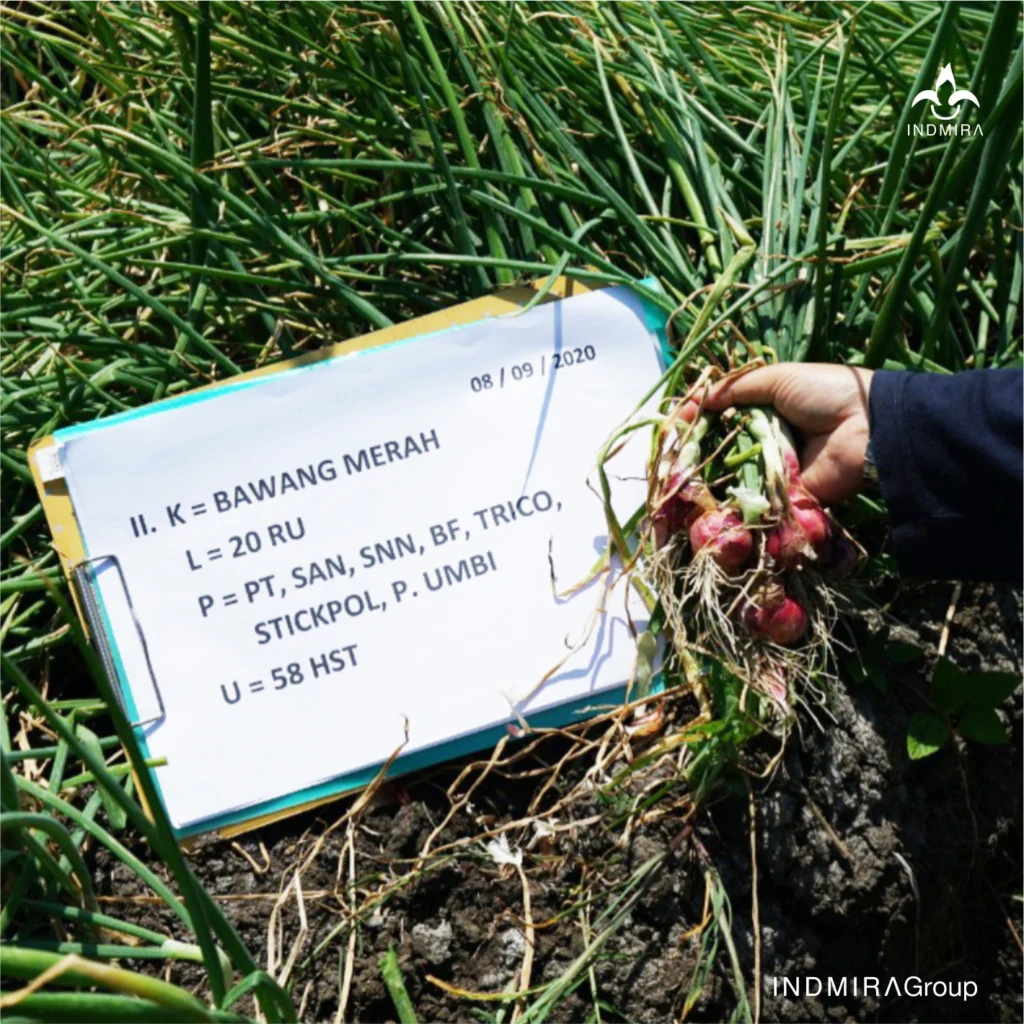
n May 2020, Indmira Group collaborated with shallot farmers in Bantul to launch the Integrated Farming Program. Indmira’s Integrated Farming is a program that integrates agriculture from upstream to downstream, enabling quality control from cultivation to post-harvest processes. The program involves Indmira Group through Indmira, the farmers, and Amboja Farm. In short, this system reduces […]
Maintaining Water Sources from Upstream
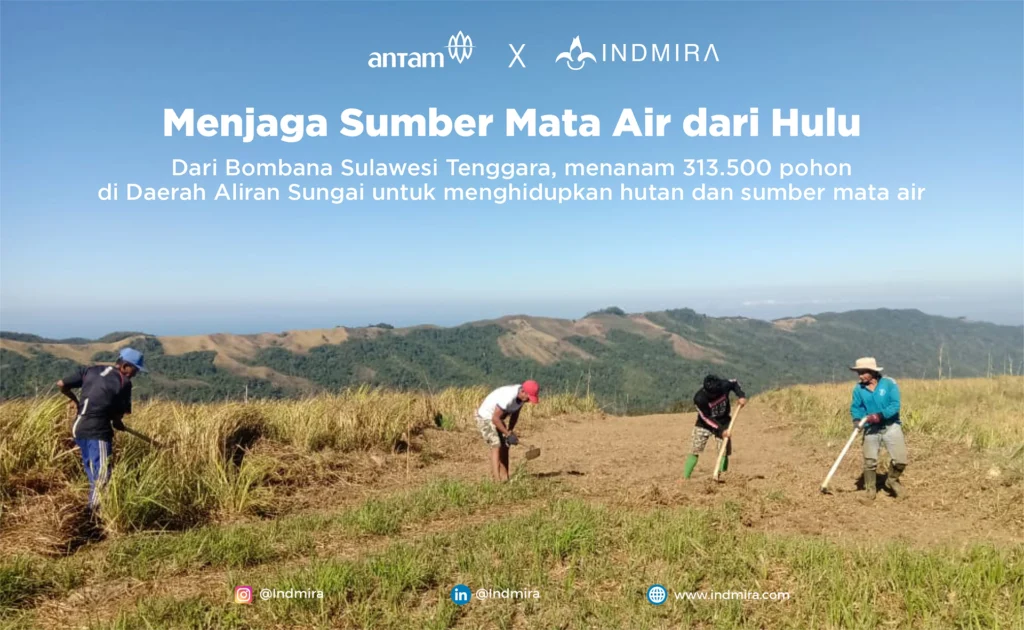
From Bombana, Southeast Sulawesi, planting 313,500 trees in the Watershed Area to revive forests and water sources. Protecting forests is the same as protecting life itself; the survival of humankind today depends on the existence of forests. From oxygen, water, to food—forests provide them all freely, without charge. Therefore, it is crucial for us to […]

